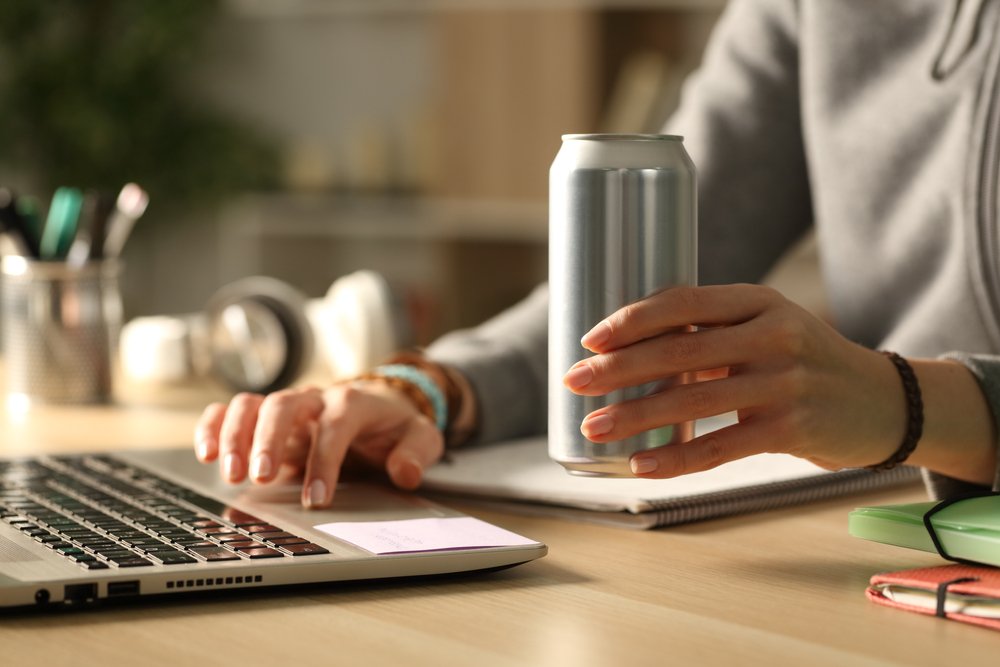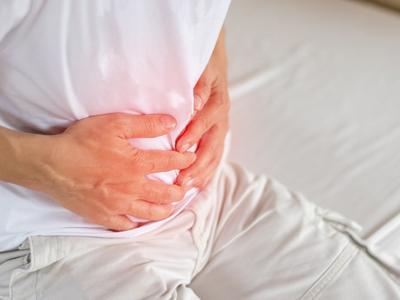A nightmare in a can
Energy drinks have been a worry for a number of years, mainly due to excessive caffeine intake and high sugar content, but scientists have found they also increase the risk of insomnia.
A Norwegian study involving more than 53,000 people aged between 18 and 35 showed that consuming even one can a month can mess with your sleep patterns.
In findings published in BMJ Open Journal, men who had two or three drinks a week were 35 per cent more likely to go to bed after midnight, 52 per cent more likely to sleep less than six hours, and 60 per cent more likely to wake in the night than those who abstained or rarely drank them.
Women were 20 per cent more likely to go to bed after midnight, 58 per cent more likely to sleep less than six hours, and 24 per cent more likely to wake in the night.
When it came to insomnia, 37 per cent of men who drank energy drinks daily reported problems, compared with 22 per cent of those who rarely or never consumed the drinks.
For women, a massive 51 per cent reported insomnia, compared with 33 per cent of women who drank the drinks occasionally or never.
Energy drinks tend to contain a combination of caffeine, sugar, vitamins, amino acid derivatives and herbal extracts, and they are designed to increase energy and mental performance.
People with diabetes are also advised to opt for no-sugar versions of energy drinks to avoid harmful elevations in blood sugar.
Of course, an even better alternative is to swap your high-caffeine drink for a natural energy boost, such as: Matcha latte with coconut milk, Coconut water, Green smoothies with a pinch of guarana powder, Kombucha – a fermented, sweetened black tea drink, Yerba Mate – a herbal drink from South America.
While energy drinks are a convenient way to increase your va-va-voom, they can be a car crash at bedtime, which could cause a Catch-22 type of dependency whereby you need them to function following a restless night.







